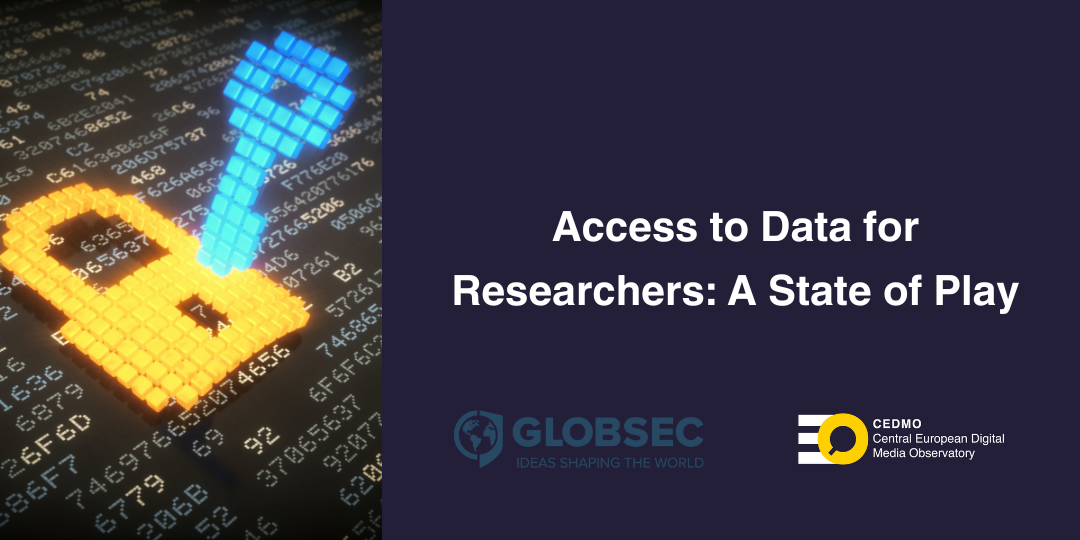
The work of independent researchers and analysts who study content that has a potential to cause harm to individuals, groups of people or the whole society is indispensable for democracy. Since the spread of mis- and disinformation became one of the key societal threats, a strong community of experts has emerged with a capacity to study all ABCDEs (actors, behaviours, content, degree and effect) linked to malign content. However capable, the community is still strongly dependent on one factor – data availability (open APIs, web-based repositories) of the platforms where the content, including disinformation, spreads. The degree of openness of data – and the choice of which data would be available for research and in which form (API, dashboard, etc.) – has been dependent upon each platform’s decision.
The introduction of the Digital Services Act (DSA) has created new opportunities in this respect, with the Article 40 outlining procedures under which researchers should be able to get access to data for activities that contribute “to the detection, identification and understanding of systemic risks in the Union”. The regulation distinguishes between two types of data access for vetted researchers – publicly accessible data in the platforms’ online interfaces (according to Art 40.12) and non-public data accessible through applications submitted to the national Digital Services Coordinators.
The subsequent analysis is based on 54 responses collected from experts to think tanks, academia and research institutions and organisations primarily from across Europe to provide the current state of data access for research. It is primarily intended to inform the public consultation on the Delegated Regulation on data access provided for in the Digital Services Act and improve the understanding of the limits and burden of the lack of effective regulation enforcing real-time data sharing. All the questions included in the questionnaire can be found in Annex no.1 at the end of the report.
Read the full report produced by GLOBSEC that outlines the results of an online survey which ran from September 19 to October 25, 2024 as a part of CEDMO and EDMO projects for experts conducting research in the area of countering foreign information manipulation and interference and disinformation.
